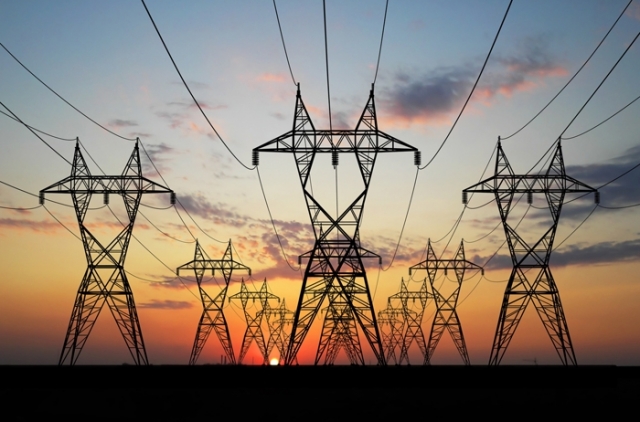What's good for the B.C. Liberals may not be good for B.C. Hydro
One of the last things anyone would ever imagine the B.C. government doing is adopting an old NDP program, but that’s exactly what Energy and Mines minister Bill Bennett did this month when he announced a five-year, $300 million hydro bill deferment plan for 13 mines owned by six companies.
There’s a price to pay when B.C. Hydro becomes a political tool: the interests of ratepayers can take a backseat to political interests.
Three of the six companies in Bennett’s deal were highlighted in a December Financial Post article, “Debt risks mount as Canada’s base metal miners sink deep in the hole.”
One could argue that the headline alone justifies Bennett’s move, except there’s no guarantee that B.C. Hydro will ever be repaid.
Last year, Deutsche Bank analyst Jorge Beristain said one of the six companies – Colorado-based Thompson Creek Metals – is “quickly approaching an end-game” with debts of $832 million US.
According to the Financial Post, Teck Resources “has more than US$3.5 billion of debt coming due between 2017 and 2023 and lost its investment-grade credit rating last year.”
Taseko Mines, “has more than $260 million of senior notes coming due in 2019, while a US$30-million secured loan matures this May.”
Imperial Metals owns three of the 13 mines, including Mount Polley. Its controlling shareholder – Murray Edwards – has a net worth of $2.69 billion.
The B.C. Liberal party has done well from them. From 2005 to 2014, the six companies donated $2.8 million to the party.
B.C. Hydro’s contractual obligations with private power producers have ballooned to $56.2 billion.
It’s the gift that keeps on giving for everyone involved, except ratepayers.
In a 2008 call for independent power projects, 75 proponents registered with B.C. Hydro. They signed agreements with 18 of the proponents in 2010.
From July 1, 2008 to September 30, 2010 – when B.C. Hydro was making its decisions – 14 proponents donated $268,461 to the Liberals. One donated $1,000 to the NDP. Ten of the 14 were successful.
Their before and after donations are interesting.
For the 10 successful proponents, their donations doubled from $112,801 (January 2005 to June 2008) to $229,471.
After the deals were done, they settled back again. Seven donated $112,345 to the Liberals (2010 to 2014).
In 2008, the B.C. Mining Association received a $295,188 grant from the Northern Development Initiative Trust (NDIT) to start making the business case for the Northwest Transmission Line.
NDIT’s Highway 37 Power Line Coalition has 22 private sector partners.
Excluding companies in Bennett’s deferral program, independent power producers and those identified by B.C. Hydro as “potential future mines,” 13 of the 22 donated $962,220 to the Liberals.
There are the nine potential future mines that one day may connect to the line.
Excluding donations from Imperial Metals and Teck who have interests in three of them, the most generous companies were Goldcorp at $795,700, the Lundin Group ($112,145) and Copper Fox Metals ($93,130).
One of the founding directors of Copper Fox Metals is Hector Mackay-Dunn, who co-chaired the B.C. Liberal’s 2009 election preparation efforts.
MacKay-Dunn is affectionately known in some party circles as Hector the Collector for his prowess at political fundraising.
In all, nine of the companies have donated $1 million to the Liberals and $18,050 to the NDP.
And at the same time the government was imposing hydro rate increases on schools and hospitals in 2014, Bennett announced a $100 million B.C. Hydro initiative for pulp and paper producers to “support investments in more energy efficient equipment.”
The forest industry has donated more than $4.2 million to the Liberals.
Add all the donations of the interested parties up and it totals more than $9.8 million for the Liberals ($417,185 for the NDP).
Guess who gets saddled with the bill?
B.C. Hydro’s contractual obligations stand at $59.7 billion, not including their debt which has grown from $6.8 billion in 2004 to $16.7 billion last year.
They’ve had to borrow $3.2 billion just to turn around and give it to the B.C. government as dividends.
In 2014, Hydro-Quebec cut a dividend cheque of $2.5 billion for the Quebec government. They didn’t have to borrow money to cover the cheque.
Hydro-Quebec’s rates are the second lowest in Canada. From 2007 to 2015, its cumulative rate increase was 17.1. In B.C., it was 63.2 per cent.
Dermod Travis is the executive director of IntegrityBC.
























